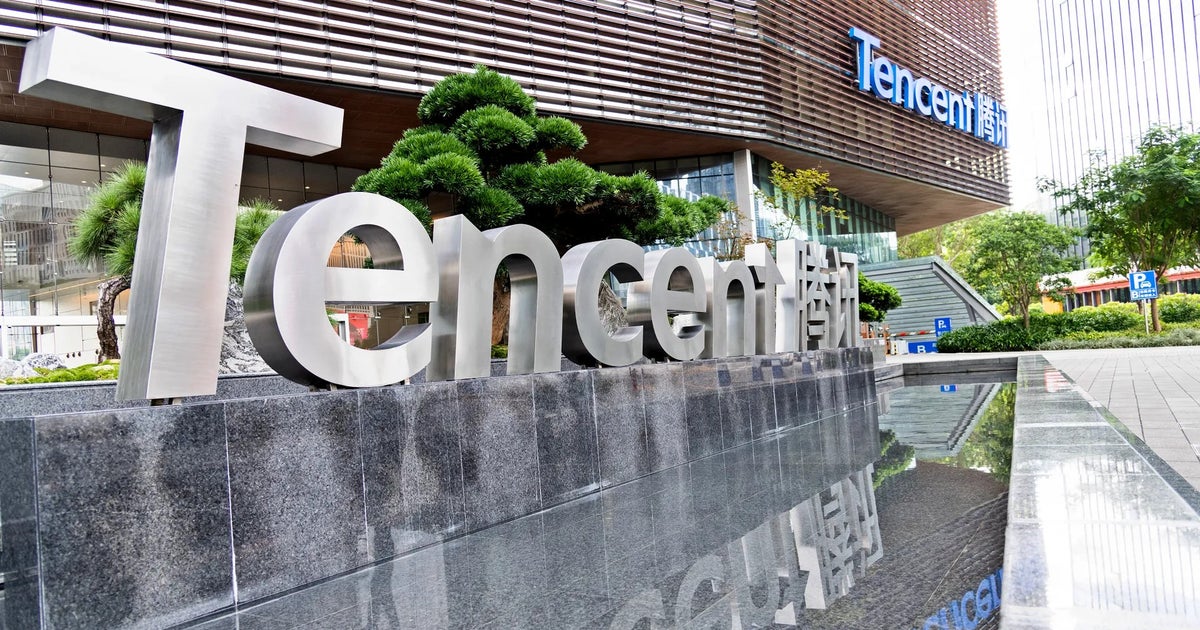Haiyan Zhang, Xbox’s general manager of gaming AI, kicked off her DICE fireside chat with the ESA’s Stanley Pierre-Louis by reminding attendees the technology has been around for decades.
“In the 1950s, early AI research used games like chess to figure out what intelligence actually means. [It was used] to devise our rules that would mimic behavior and reason like humans in order to play complex games,” said Zhang.
“In the last decade, we’ve seen video games be used as environments in which to train AI rules and models and to push forward the state of the art on the science. Games like Pac-Man to Zuma’s Revenge and Pitfall have all been used by AI researchers as a way to accelerate the work that they’re doing.”
The general manager explained that AI and its utility within the games industry have evolved into a new set of tools and resources.
“This has opened up new opportunities for us in the video game space and society in general,” said Zhang.
Following Chat GPT’s release in November 2022, generative technology has become ubiquitous across sectors and AI has become a topic of conversation for both business and government leaders alike.
However, Zhang said there should be some caution when considering the possibilities of the technology.
She explained, “Sometimes when these meetings happen, we get dazzled by the technology and we focus too much on technology for technology’s sake. When ChatGPT released, all my friends said, ‘oh, I tried this and it worked well.’ I believe that technology is a set of tools and it really brings value when you can use those tools to help people bring new meaning into these lives.”
The AI executive said that when creating resources, people should be supported rather than replaced. Regarding game development, Zhang explained that it requires understanding what people need, finding the right uses of AI, and creating solutions.
“It’s not about the tools, it’s about the people, but how do you bring the tools together to support it?” said Pierre Louis. “I think that’s the powerful use of technology because in the end, as you said earlier, technology for technology’s sake isn’t the goal; it’s what the purpose behind it is.”
Regarding the subject of using AI responsibly, Zhang emphasized that developers must hold themselves accountable by using guidelines similar to those Microsoft published last year.
She said, “We [need to] ask ourselves if the data we’re collecting is fair and representative of every [person] in the community that we’re serving. Are we handling the data in a considerate, thoughtful, and compliant way? Are we being inclusive of everybody in the community using transparency and accountability?”
Zhang added that another method of accountability is using tools to address any assumptions seen in the data. “These are software engineering tools; they’re testing processes where we ask ourselves questions, and then we can test against them,” she explained.
For Xbox itself, the general manager explained that using AI also means understanding its audience.
“What is that journey for different types of players and developers in our community? Where are we seeing barriers and frictions in those experiences that we could create new tools to help to overcome?” Zhang explained.
The Microsoft executive added that recent reports show that software engineers are developing and writing code 55% faster due to AI. Still, she insisted that artificial intelligence is not meant to replace people and their roles.
Pierre Louis asked the Xbox general manager how artificial influence would affect the boarder workforce.
She explained, “I think that we are at this point now where technology is evolving, and the future is unwritten. We could lean back and have others write that future for us, or we could choose to define what that future is. I would love for us all to participate in shaping that future, whatever that might be.”
The Xbox executive explained that the technology could also help create new game experiences and genres for players and developers alike, solve unknown problems, and expand accessibility.
“It reminds me of the early 1800s. If you were standing in Manhattan and looking across the landscape, a building would not be taller than five stories. There were no elevators, and people didn’t like to climb more than five stories,” Zhang explained. “In the mid-1800s, electric elevators were invented and installed in buildings. From there, we could see new buildings and a diversity of architecture, really invigorating architecture as an art form and a discipline.”
She continued, “If we consider these tools as elevators, we could build elevators to make even more amazing games. This is a hypothesis that I would love to continue the conversation on.”
Looking ahead, Zhang expressed that the future of AI and its influence should be collaborative.
The executive said, “I think that’s part of my call to action for us to co-author this future together; technology evolves, but technology evolving is not the future. We get to write that future together, so let’s have those conversations.”
-%26-Stan-Pierre-Louis-(ESA)-18.png?width=1200&height=630&fit=crop&enable=upscale&auto=webp)

